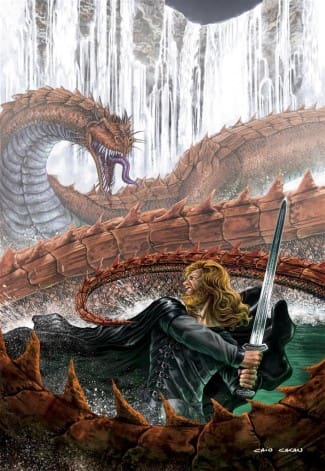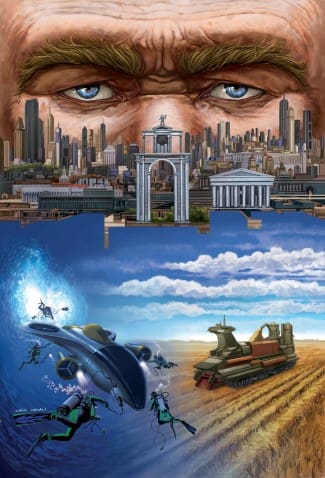 Well, The Seekers and The Sword, the second book in my Vidar Saga, is now available for purchase as an e-book from either Amazon or BarnesandNoble.com. Wouldn’t ya know it, just in time for the holiday rush.
Well, The Seekers and The Sword, the second book in my Vidar Saga, is now available for purchase as an e-book from either Amazon or BarnesandNoble.com. Wouldn’t ya know it, just in time for the holiday rush.
Thanks to everyone who’s asked about Seekers, and the Vidar Saga in general, over the years. It’s my great pleasure to bring you this new volume, full of the epic adventure that began in the Saga’s first book, The Hammer and The Horn, and will–with a little luck–continue in 2016 in the third book, The Fortress and The Fire.
I’ll let you know as soon as Seekers is available in paperback. In the meantime, enjoy whatever holiday you celebrate and may you receive everything you desire in the coming year.


![Pageflex Persona [document: PRS0000035_00029]](https://www.crazy8press.com/wp-content/uploads/2015/08/LostDays-cover1-193x300.jpg)

